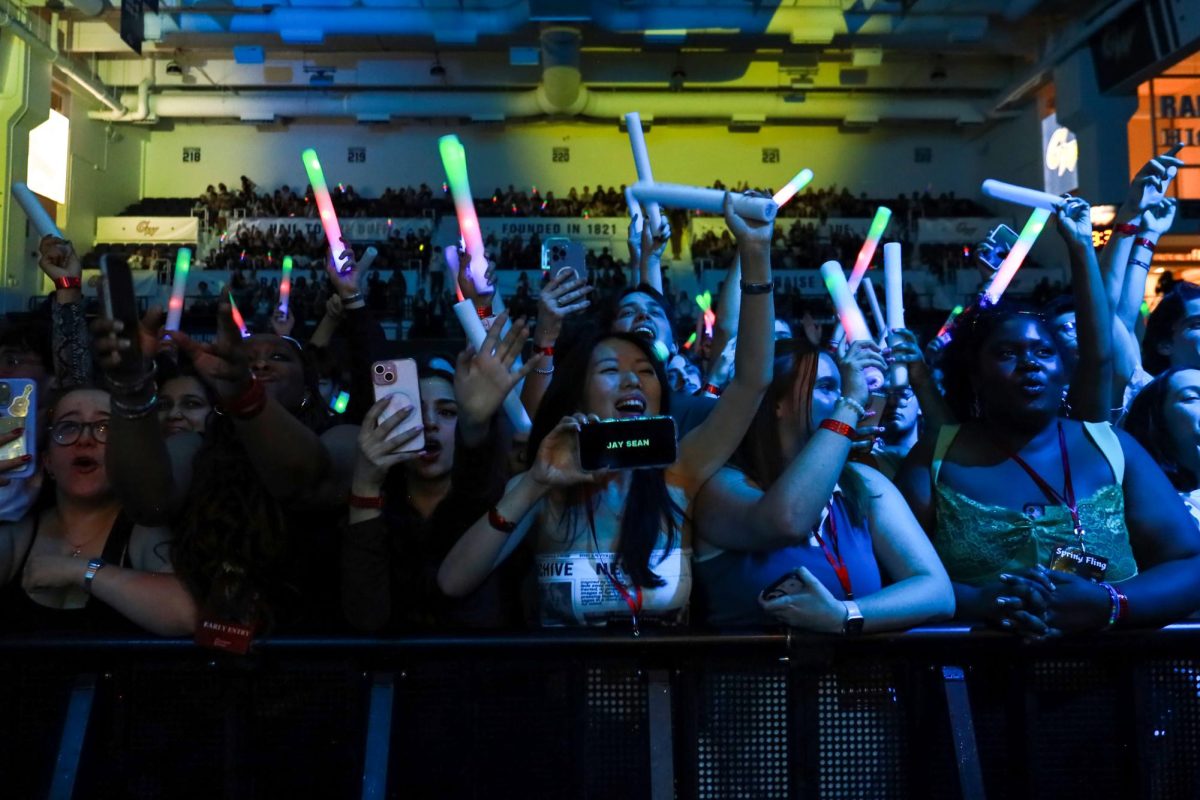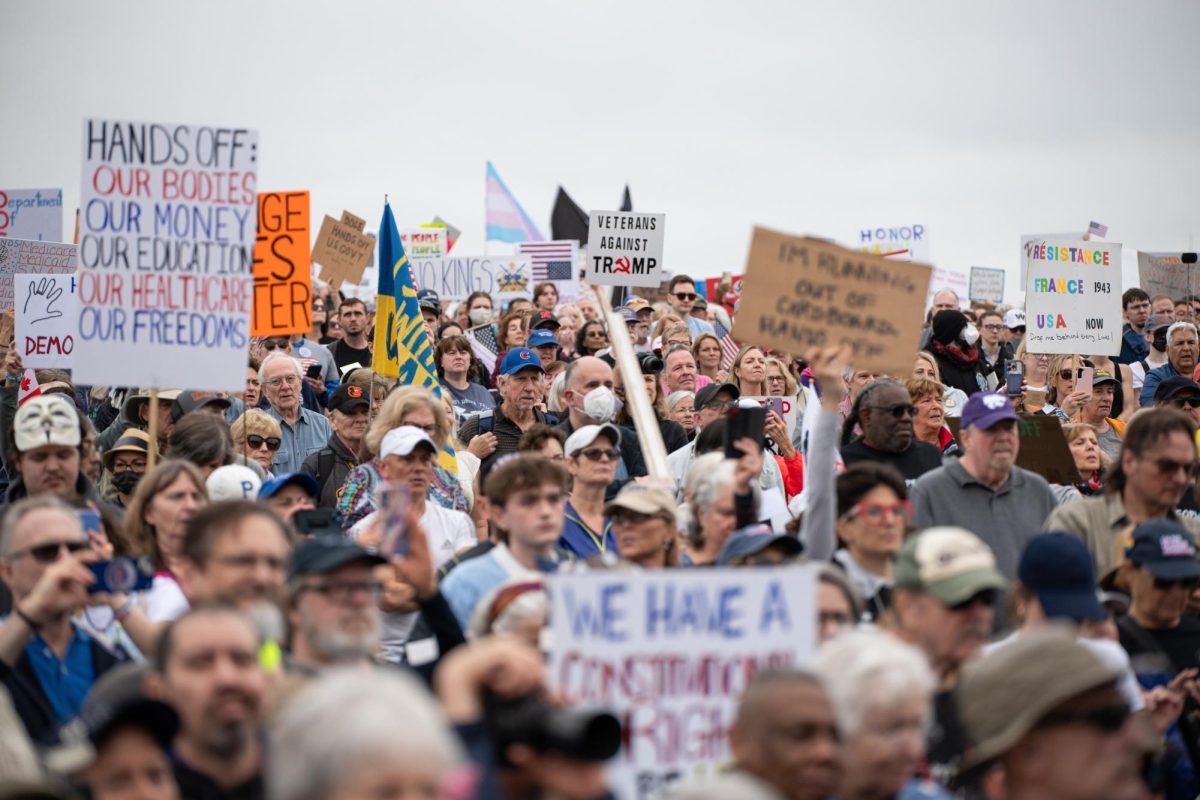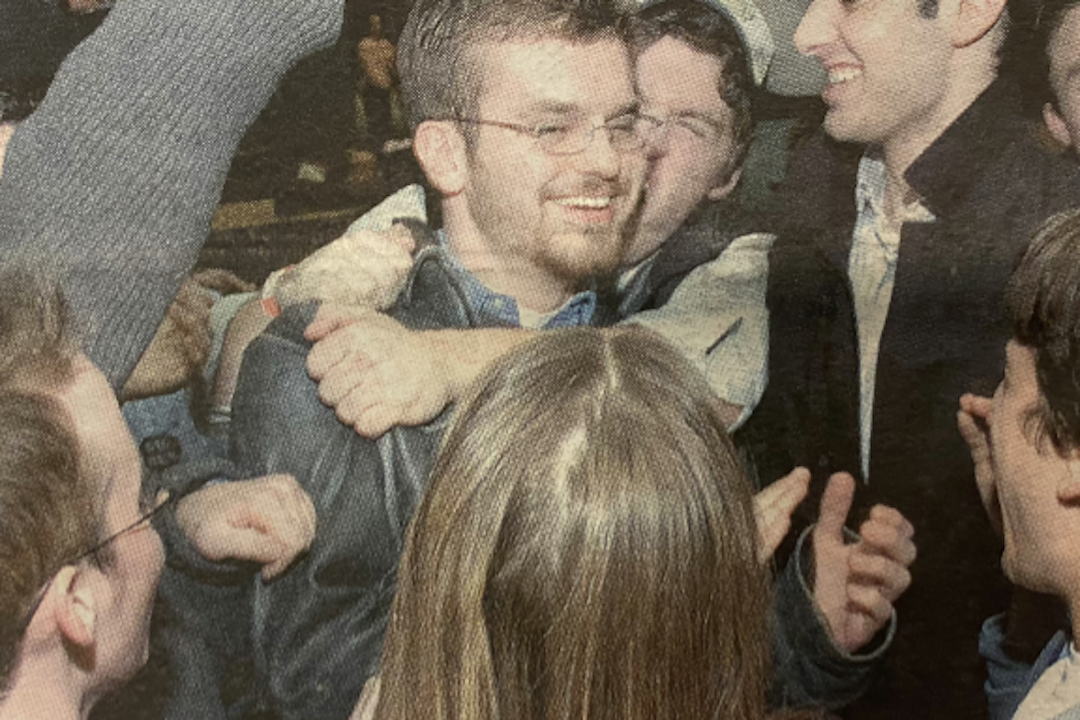Forty-seven films from 15 different countries will appear on screens across the District beginning Dec. 1, bringing together a diverse celebration of Jewish culture.
The first Washington Jewish Film Festival premiered with only eight independent films. Twenty-two years later the number of film entries has increased to fill 10 days worth of screenings in nine different venues, with films based in Rwanda, Poland and Russia.
Local documentary filmmaker Aviva Kempner was born in Germany to a Holocaust survivor and U.S. Army officer. After producing and co-writing, “Partisans of Vilna,” a documentary based on Jewish resistance against Nazi genocide, she founded the Washington Jewish Film Festival in 1989.
“These ten days are my favorite ten days a year because you get to go all around the world, all throughout history, and see these films and meet the directors, and the artistic people and have exchanges,” Kempner said.
Kempner will receive the festival’s Visionary Award this year for her dedication in illuminating unsung historical Jewish heroes.
In celebration of her award, the festival will also put on a retrospective of her earlier films, including “Partisans of Vilna,” and previews of her project “The Rosenwald Schools.” The film focuses on the life of entrepreneur and philanthropist Julius Rosenwald, who partnered with Booker T. Washington in the early 1900s to construct schools in rural Alabama for black children.
Kempner is best known for her theatrically styled documentaries like “The Life and Times of Hank Greenberg” and “Yoo-Hoo Mrs. Goldberg,” which are documentary biopics of influential characters. The latter film will also appear at the festival.
“The reason I love my subjects is because each one is an inspiring hero or heroine,” Kemper said. “Once you get involved, you just have to say ‘Well, I’ve got to tell this story,’ it’s so inspiring.”
The filmmaker’s motivation to bring these stories to the screen comes from a desire to break Jewish stereotypes by engaging audiences and telling the stories of influential Jewish figures.
While many the characters are separated from the audience by a generation gap, the film festival hopes to cultivate a younger following.
“Quite honestly, GW students relate to film and they’re probably more educated and savvy film viewers then many older generations because they grew up looking at film,” current festival director Susan Barocas said.
This year’s festival will include two series of films revolving around cultural themes. “Jews at Work” illustrates how people working in different careers are defined by their Jewish identity. “Jewish Film, Women Filmmakers” will feature movies from the growing number of female directors and filmmakers across the globe.
“I think it’s always important to go deeper than what’s on the surface, and I think that film can do that very effectively,” Barocas said. “And those issues, whether it’s contemporary or historical, are much more complex than we often find treated in the media.”
The Washington Jewish Film Festival begins Dec.1 and runs until Dec. 10 with theater locations throughout D.C. and Maryland. Discounts for students are available with a student ID.






